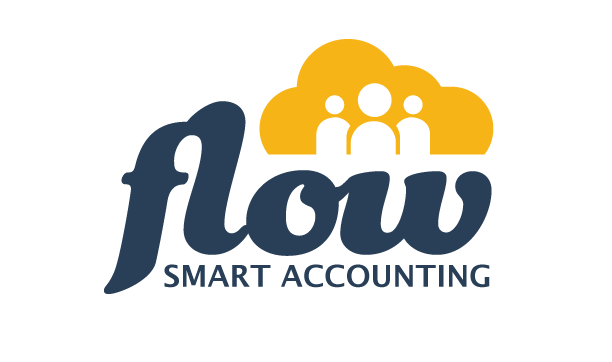
2018 is promising to be a big year for business for both owners and for workers. The Government of Ontario has launched several initiatives aimed at increasing the living standards of minimum wage workers and has included a host of other benefits that, according to research, will result in less employee turnover and increased business productivity.
On January 1st 2018, the new general minimum wage took effect and wages rose to $14 per hour. As part of the Fair Workplaces, Better Jobs Act, wages will again increase to $15 per hour in 2019 and then yearly after that at the rate of inflation. Other provisions of the new provincial legislation include; increased vacation time, more personal emergency days, up to 15 weeks of job protected leave in cases of domestic or sexual violence, increased medical leave and increased leave time after child death or crime-related disappearance. Free tuition, easier access to child care and expanded medicare that includes free prescription drugs for everyone under the age of 25 are also part of the plan that goes a long way towards supporting working families in a time of rapid economic change.
While the wage increases, improved working conditions and the other provisions will go far towards ensuring that workers reach their full potential and share in Ontario’s prosperity, they do bring challenges to businesses and business owners who will be forced to adapt to new realities. For small businesses especially, already tight profit margins will be made even tighter as expenses become greater overnight and the struggle to stay afloat will become very real.
One of the ways that businesses are already attempting to make ends meet is by bringing automation into their operations in a variety of ways to cut costs. Artificial intelligence (AI), along with the internet, has made it possible to be more efficient on repetitive tasks, thus saving time and avoiding common human errors . In fact, research estimates that a $3500 per year expense on innovations aimed at automating administrative tasks could save one full-time office administrator.
Ethical considerations aside it is inevitable that, in the future, AI will play an even more prominent role in everyday life and everyday business. On the other hand, workers finding themselves being replaced by automated tasks and technologies will find opportunity in related fields, in supporting roles and in professions that have yet to be created.
What this means to the small business owner of today is that an opportunity exists for long term prosperity and new levels of productivity as a result of an invigorated workforce that is better compensated with greater support and benefits. Paired with cost saving technological applications that increase efficiency while decreasing recurring expenses, the future of small business in Ontario does, indeed, look very bright. To make sound decisions on how to navigate this new landscape, bookkeeping and accounting will become even more important in your decision making process. Flow CPA guides clients through this process, making the seemingly complex easy to understand and manageable while supporting growth with the data that comes from real numbers.

